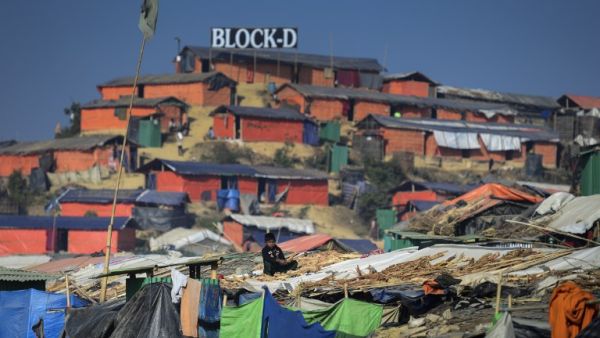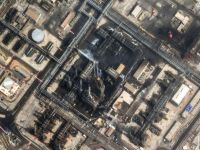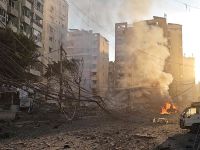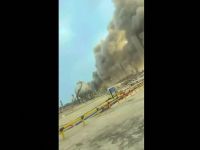- Bangladesh postponed the gradual repatriation of Rohingya refugees
- Transit camps have not been built yet in Bangladesh
- Many refugees said they need guaranteed security before they agree to return
- Only refugees with identity documents — which most lack — will be allowed into Myanmar
Bangladesh has postponed the gradual repatriation of hundreds of thousands of Rohingya Muslims to Myanmar, which was supposed to begin Tuesday, amid concerns that the refugees could be coerced into leaving.
“We have not made the preparations required to send back people from tomorrow (Jan.23). A lot of preparation is still needed,” Bangladesh’s Refugee Relief and Repatriation Commissioner Abul Kalam announced on Monday.
“The main thing is that the process has to be voluntary,” said Azad, adding that paperwork for returning refugees have not yet been finalized and transit camps have yet to be built in Bangladesh.
He did not give a new date for the start of the repatriation process.
His announcement came amid widespread fears that repatriated refugees need guaranteed security otherwise they would be forced to return to Bangladesh by Myanmar, which has been involved in a bloody campaign of violence against its minority Muslim community based in Rakhine State.
- Many Rohingya Refugees Are Not Ready to Return to Myanmar
- Myanmar to Repatriate 700,000 Rohingya Refugees Over 2 Years
The United Nations and human rights advocates have described the "systematic policy” against Rohingya Muslims in Myanmar as “ethnic cleansing” and “genocide.”
Rohingya Muslims have long been treated as outsiders in the Buddhist majority Myanmar and are viewed as illegal immigrants from Bangladesh, even though generations of Rohingya have lived in Myanmar.
Nearly all have been denied citizenship since 1982, effectively rendered stateless.
In early January, following up on their November 2017 agreement, Bangladesh and Myanmar signed a deal to begin sending back the refugees starting Jan. 23. Officials had said they expect some 1,500 refugees to go back each week, though only refugees with identity documents — which most Rohingya lack — will be allowed into Myanmar.
This article has been adapted from its original source.








